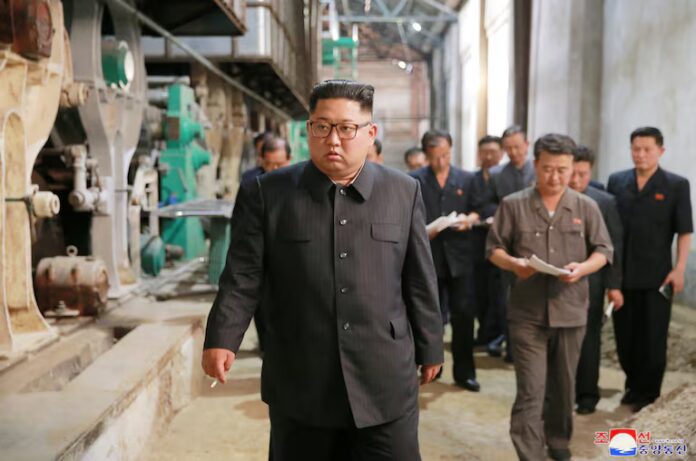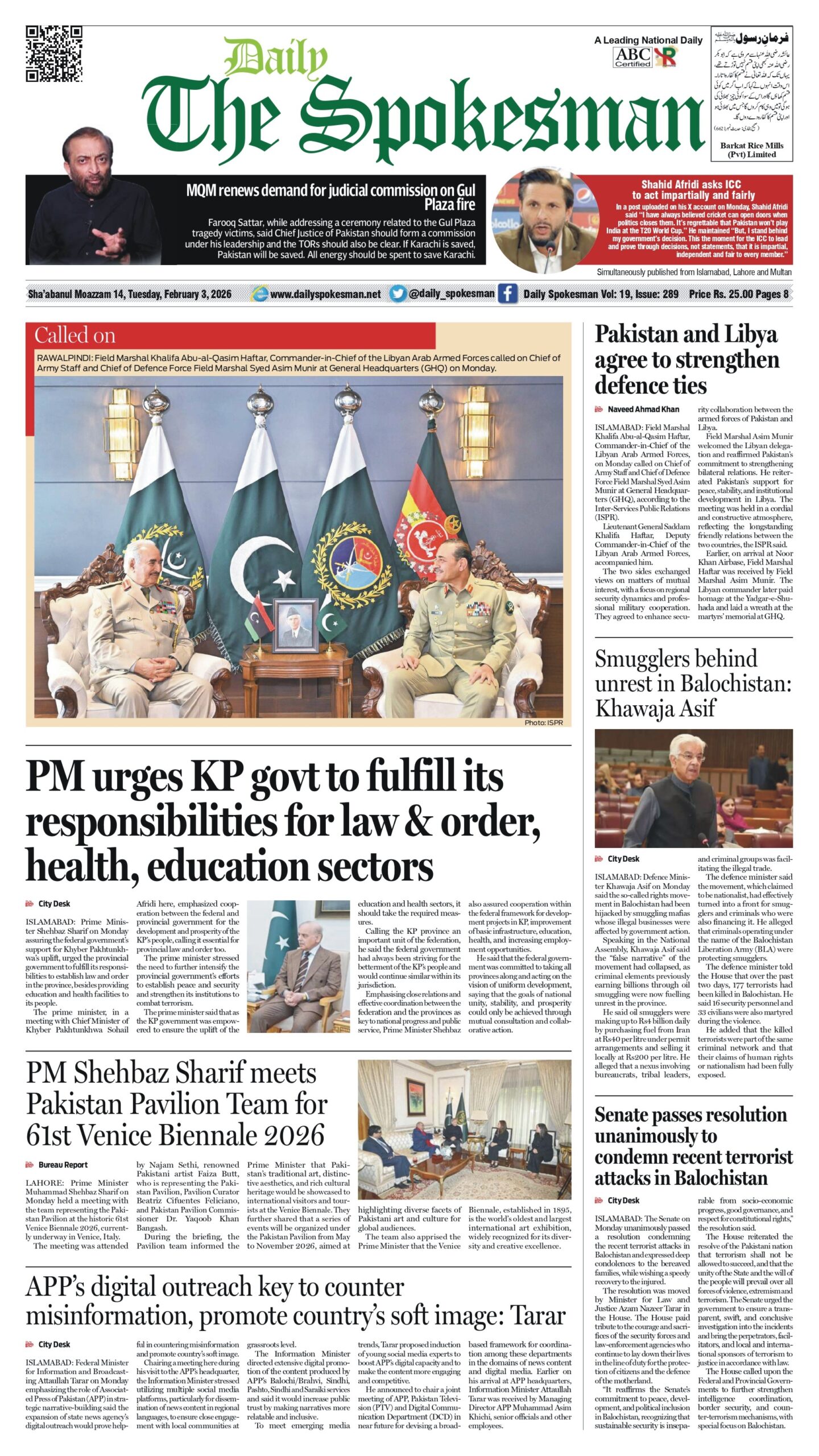Islamabad :APTMA reiterates that there is no shortage of yarn in the country. In fact, the import of cotton yarn in the first quarter of FY 2020 last year was 1,1047 tons, while it rose to 1,3976 tons in the first quarter of FY 2021, showing an increase of 27%.. Similarly Yarn Exports have also reduced significantly while production of Yarn in the country has increased signifying enhanced supply of yarn to further processing and value addition in-country. The import and export data of yarn is attached herewith.
The export-oriented sectors of Pakistan have shown extraordinary growth and exceeded targets, outperforming regional players. In September 2020, there was 11.3% surge in textile exports, leading to the impressive export volume of $3,469.5 million in July-September (FY2020-21). Prime Minister Imran Khan’s efforts to promote export-led economic growth have proved instrumental in this regard.
The apparent “shortage” being touted is based on commercial considerations that have affected the price of yarn world-wide. Exporters have booked orders at an exchange rate of Rs. 168 – 170 to a US dollar, while the current exchange rate being Rs. 161.5, leading to a hike in the costing of prebooked export orders. Similarly, cotton which was trading at US 63.8 cents/lb just 3 months ago is currently at US 76 cents/lb, increasing the cost of yarns proportionately. Exporters have had to squeeze their margins and are consequently trying to recoup and minimize their losses through reductions in input prices.
The notion that Pakistani Exports will miss “Christmas Orders” due to a “shortage of yarn” is erroneous, as manufacturing and shipping procedures require at least 3-4 months, a timeframe which has long passed. The real issue remains rooted in incorrect export pricing and misplaced expectations on exchange rate.
Duty free import of Yarn for re-export after further processing has always been readily available to registered exporters through DTRE and Bonds.
APTMA has and always will support the import and simplification of procedures for Duty Free raw materials or other inputs for export purposes. The argument that reduction in duty would increase supply or reduce cost for exporters is illogical, as exporters are already entitled to Duty Free import of Yarn through DTRE or Bond. We therefore maintain that considering the merits of the case, there is no justification to withdraw Duty or Regulatory Duty on Cotton Yarn while its quantities are on the rise. However, if Regulatory Duty is to be removed it should be removed for a fixed time period of say 3 months and the yarn availability be re-appraised at that time.
APTMA emphasizes that any blanket approval for import of Duty-Free Cotton Yarn would lead to dumping of Cotton Yarn and it would also result in misuse of the facility. This will result in closure of many of the units and the stopping in track of many expansions and new projects which are planned or are underway, thereby hampering the progress made by the economy in recent months owing to export-led growth. In this regard, the Government must take yarn exporters’ concerns into account and note the real values of import/export of yarn that are attached herewith, to prevent misinformation and to rectify the root of the problem which is certainly not availability of yarn.








